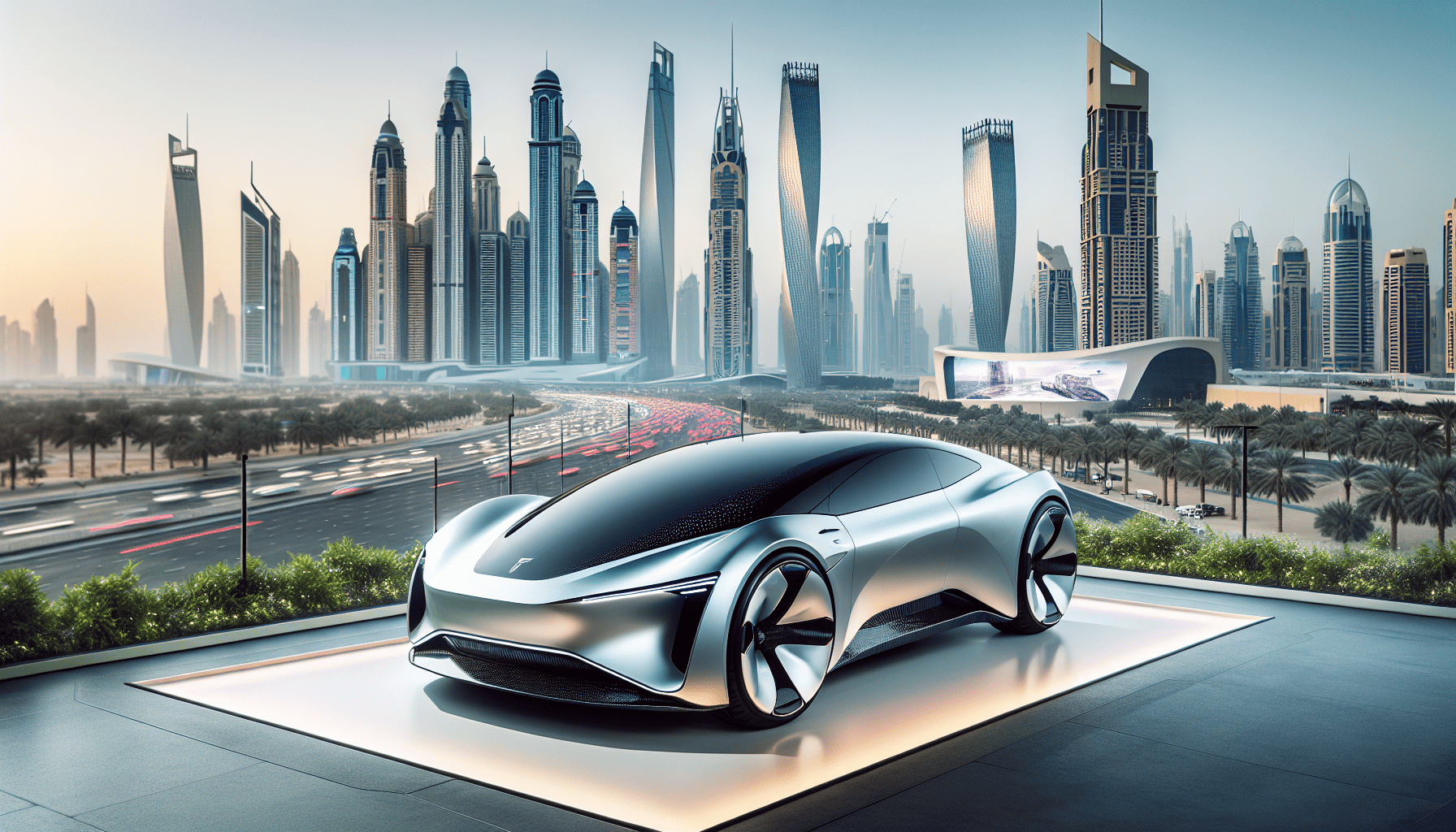In the rapidly evolving world of automotive technology, the future of transportation is being revolutionized by groundbreaking innovations. These advancements are not only enhancing the driving experience but are also contributing to safety, efficiency, and sustainability. Let’s delve into some of the most exciting developments in vehicle technology that are steering us into the next era of mobility.
One of the most significant trends in the automotive industry is the development and integration of electric vehicles (EVs). With a focus on reducing carbon emissions, major manufacturers are investing heavily in electric powertrains. Advancements in battery technology, such as solid-state batteries, promise increased range, faster charging times, and improved safety features. These innovations make EVs a more viable and attractive option for consumers worldwide.
Another cutting-edge technology gaining momentum is autonomous driving. Self-driving vehicles have the potential to transform the way we commute, offering increased convenience and safety. Companies like Tesla, Waymo, and Uber are leading the charge, developing sophisticated systems that combine LiDAR, radar, and advanced machine learning algorithms to navigate complex environments. While fully autonomous vehicles are not yet the norm on our roads, ongoing research and testing promise a future where machines can take the wheel confidently.
Connectivity is also playing a pivotal role in modern vehicles, transforming them into smart devices on wheels. With the Internet of Things (IoT) integration, vehicles can communicate with each other and with surrounding infrastructure, paving the way for smart cities and improved traffic management. Features like Vehicle-to-Everything (V2X) communication enhance road safety by facilitating real-time data exchange about traffic conditions, potential hazards, and optimal routes.
Simultaneously, advancements in in-car technology are redefining the driver and passenger experience. Modern vehicles come equipped with sophisticated infotainment systems that offer seamless connectivity with personal devices, voice-activated controls, and AI-based personal assistants. These systems provide an intuitive interface for accessing navigation, entertainment, and even executing commerce while on the road.
In the realm of safety, recent advancements are groundbreaking. Driver assistance systems (ADAS) are becoming increasingly sophisticated, incorporating features such as adaptive cruise control, lane-keeping assist, blind-spot monitoring, and automated emergency braking. These systems use a suite of cameras, sensors, and data processing units to prevent accidents and protect passengers more effectively than ever before.
Furthermore, when it comes to sustainability, the automotive industry is making strides with materials and manufacturing processes. Many manufacturers are exploring sustainable materials like recycled plastics, eco-friendly fabrics, and lightweight composites to reduce the carbon footprint of production. Additionally, advancements in manufacturing techniques, including 3D printing, are streamlining production efficiency and allowing for more customized vehicle designs.
The future of vehicle technology is indeed promising, characterized by a blend of sustainability, connectivity, autonomy, and safety. As these innovations continue to develop, they will reshape not only how vehicles function but also how society interacts with them. As consumers, regulators, and businesses adapt to these technologies, the transportation landscape will become safer, cleaner, and more efficient, driving us toward a more sustainable future.
